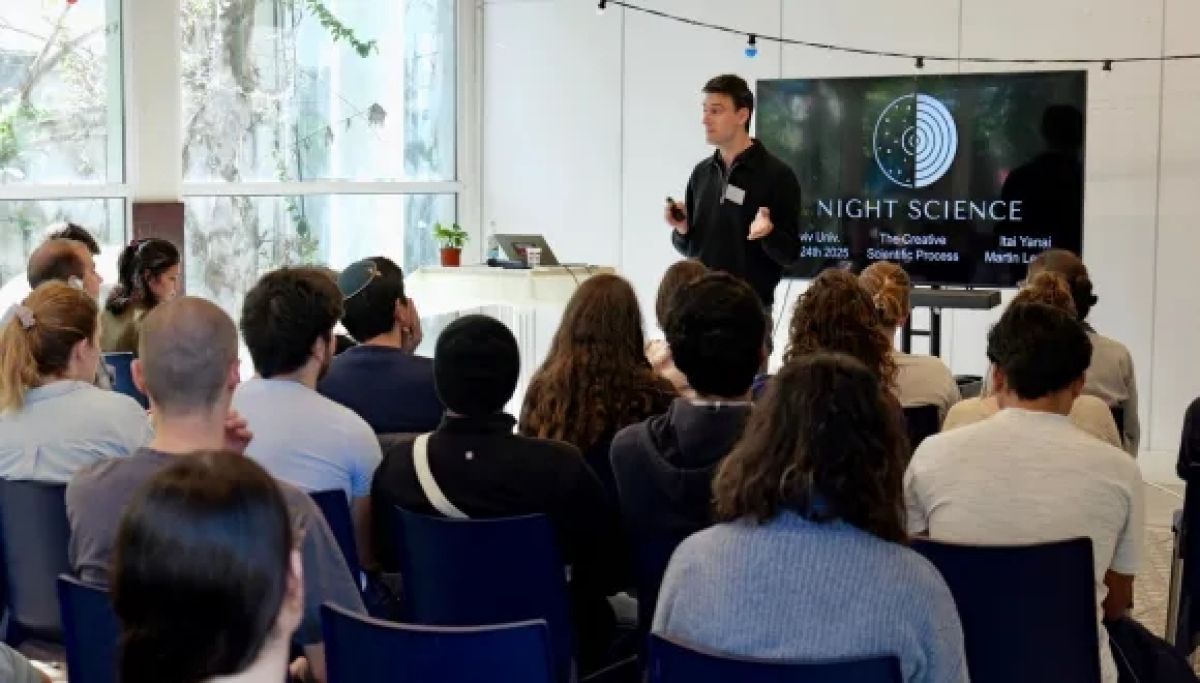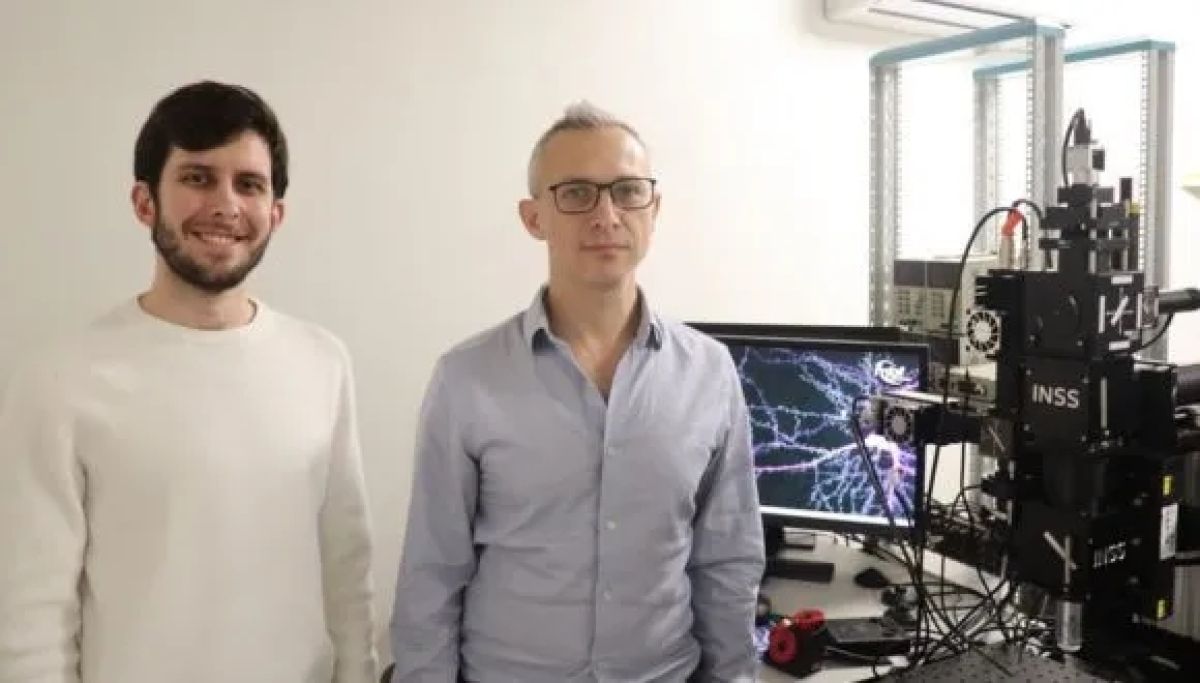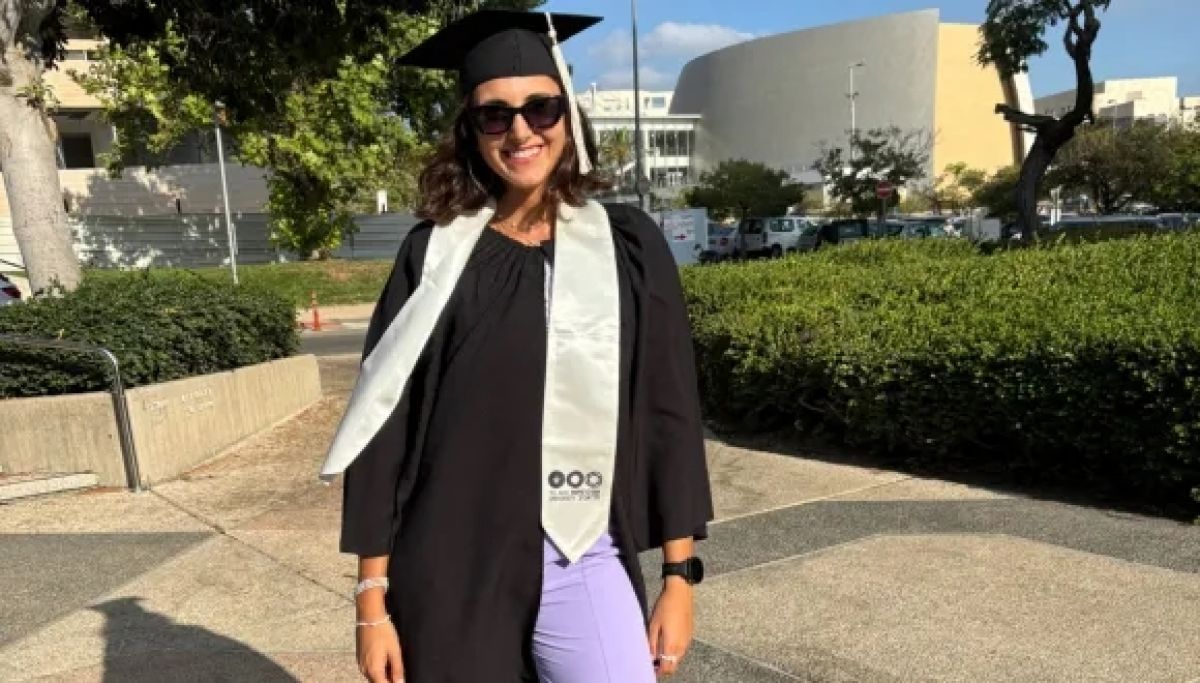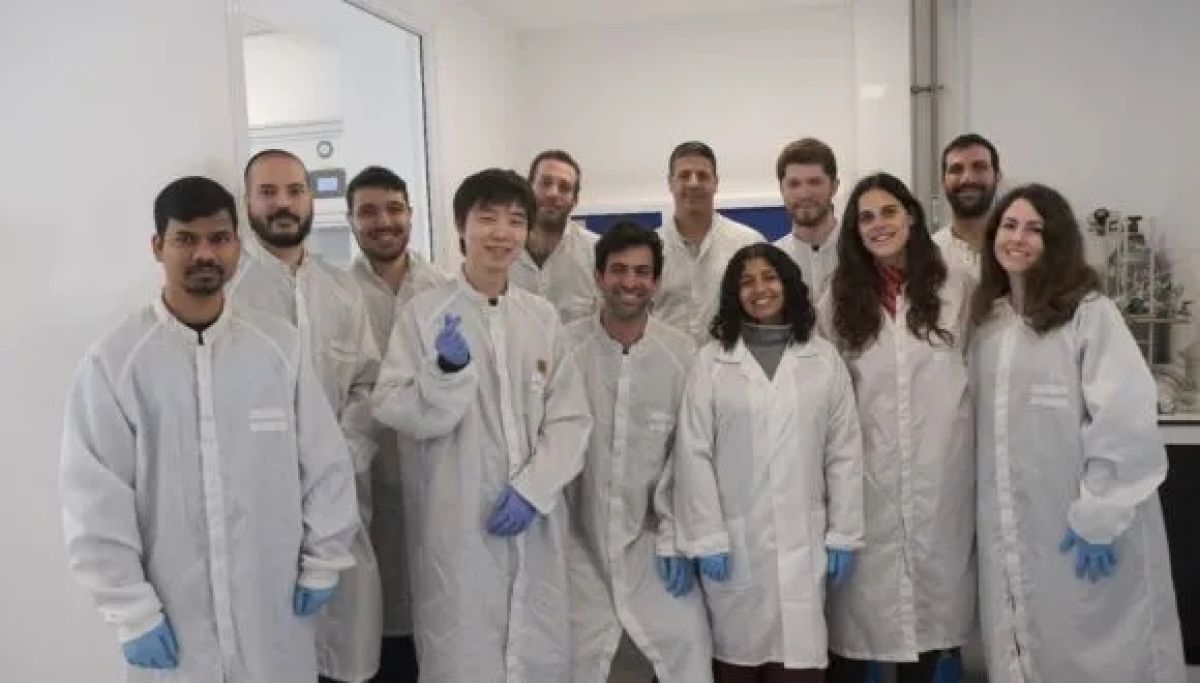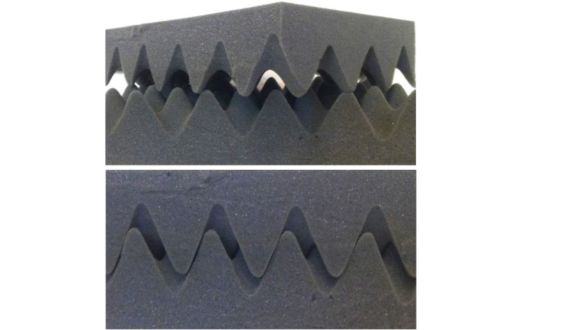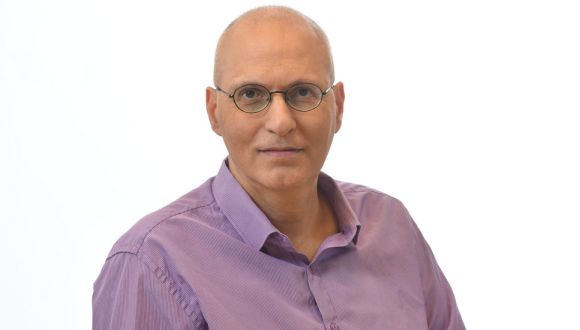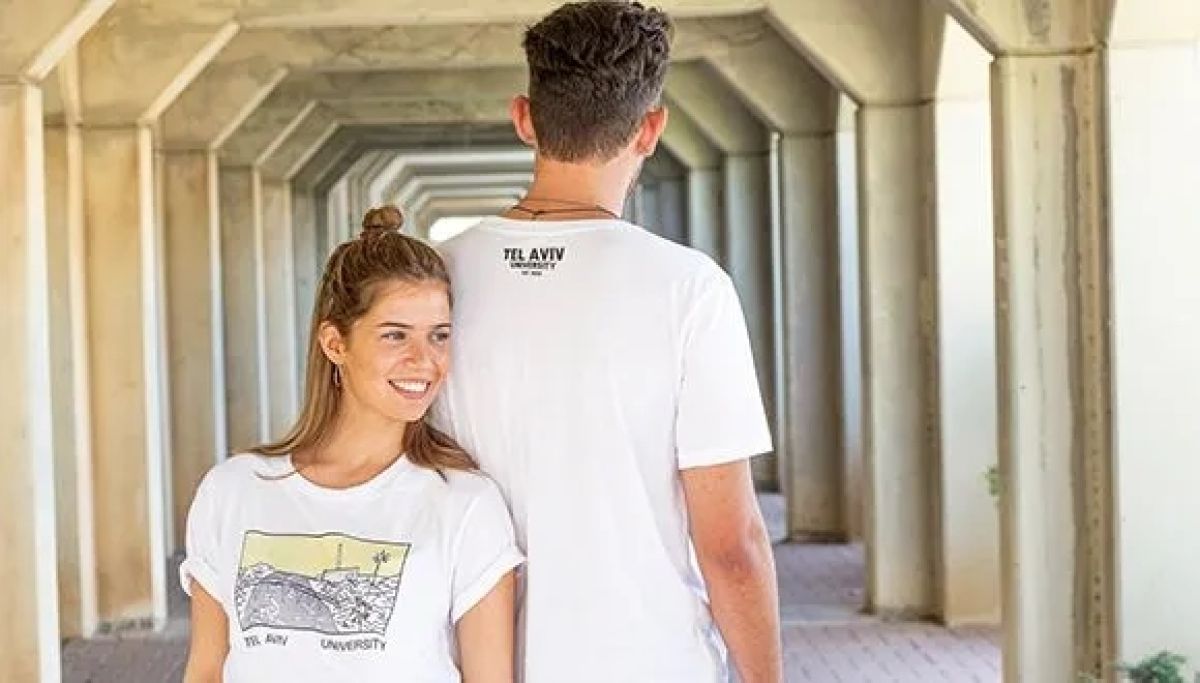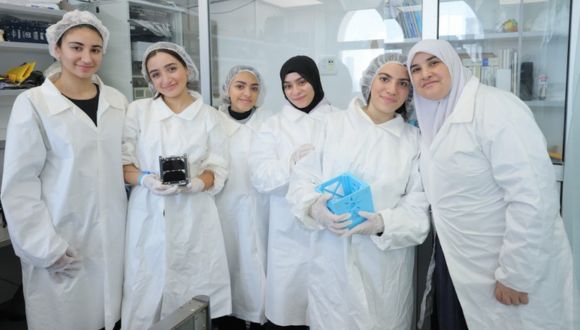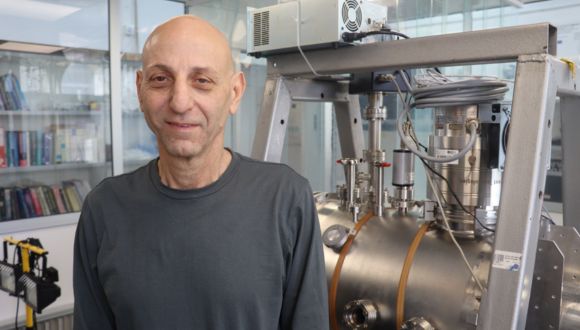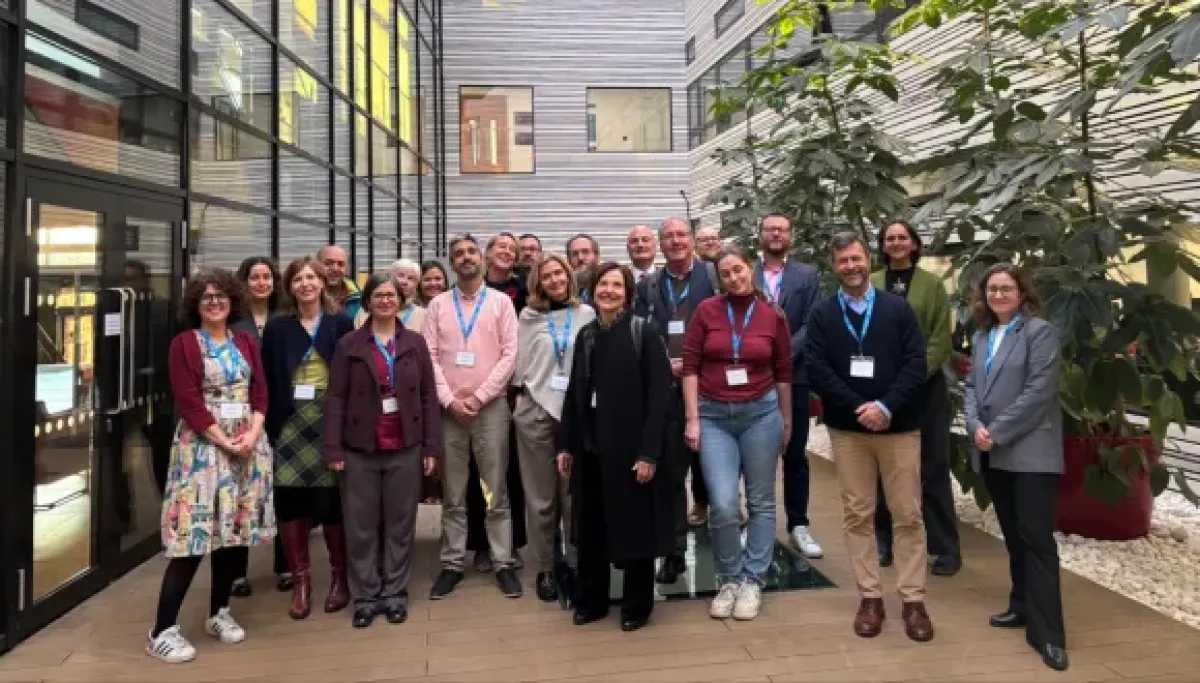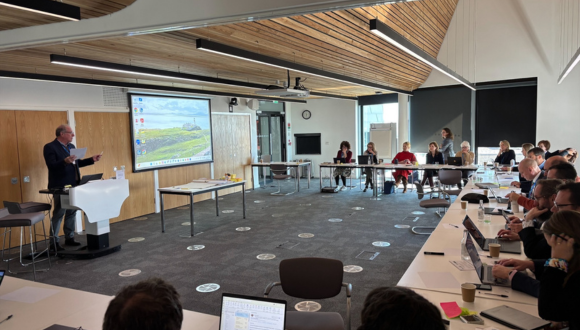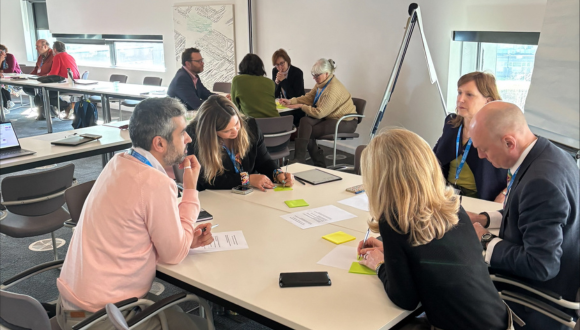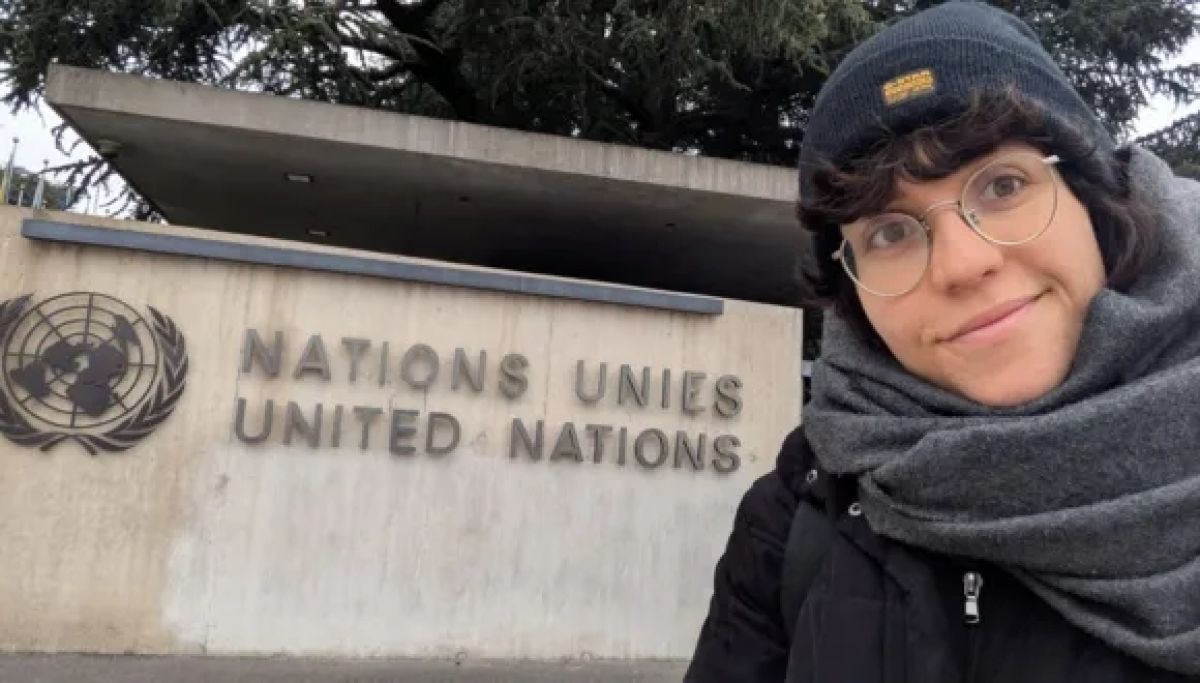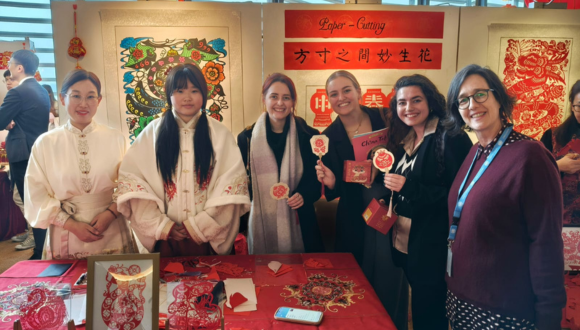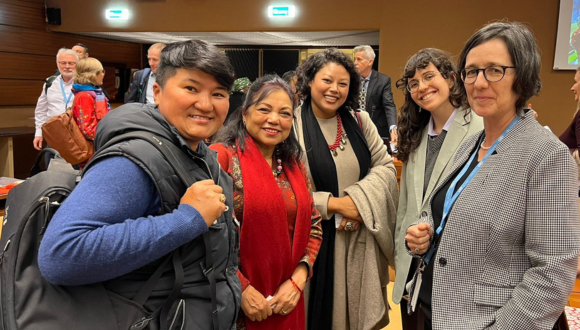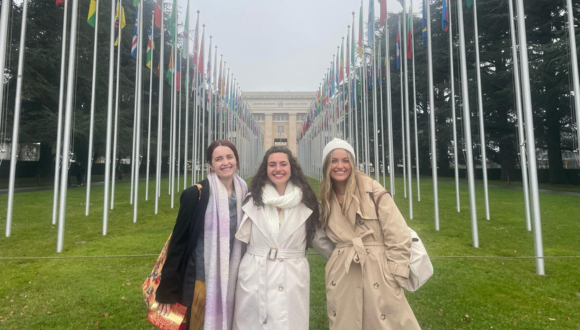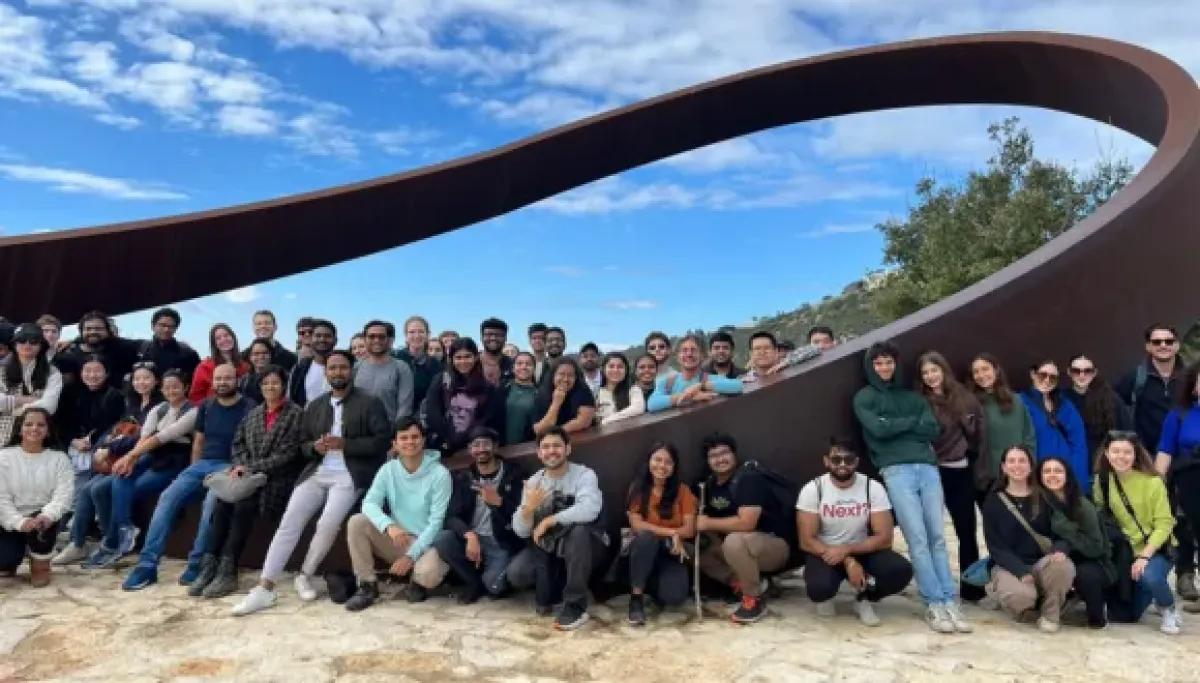What Can Bob Dylan Teach Researchers?
TAU postdocs get a crash course in the art of scientific discovery
The Postdoc Researcher Club kicked off at the Lowy International School with a thought-provoking session on the creative process of science, led by Prof. Judith Berman of TAU’s Faculty of Life Sciences and Prof. Itai Yanai, a biochemist at New York University and co-host of the Night Science podcast.
Instead of focusing on technical skills or research methods, Prof. Yanai introduced participants to the concept of night science—an intuitive and exploratory mode of thinking that complements the structured, analytical, and methodical mindset of traditional “day science” of experiments, controls, and precision. Night science is where breakthrough ideas are born, he says. And the magic of science happens in alternating between the two modes— ‘doing’ and ‘thinking.’
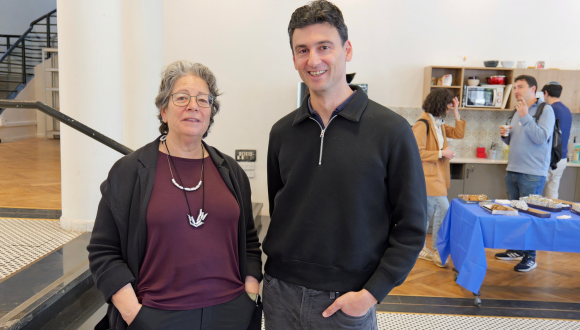
Prof. Judith Berman and Prof. Itai Yanai at the Lowy International School
The highly interactive session was divided into three parts on improvisational science, interdisciplinary thinking, and the balance between data and hypothesis—each with a practical exercise for participants to get a taste of new approaches.
The Power of Discussions
It’s not every day that a science workshop references Karl Popper, datasets, and Taylor Swift all in one session. But this unique blend of popular culture, scientific references, and philosophy is part of what makes Prof. Yanai’s message stand out: science is not merely about execution, but about imagination, out-of-the-box thinking, and transcending boundaries. Above all, science is about creativity and dialogue.
“You need to have someone that you can talk to. These kinds of discussions are crucial for your future. There is a potential Nature paper in every conversation.”
Prof. Yanai and Prof. Berman urged the participants to delay criticism and judgement when talking to their ‘science buddy’. To get into the right mindset, they suggest replacing the default ‘no, but..’ with ‘yes, and..’ response opener borrowed from improv theater. This simple shift supports dialogue and keeps creative momentum going.

“Conversations with your science buddy are very humble—just two people talking—but it is work,” commented Prof. Yanai inviting workshop participants to try this type of informal discussion.
“There is going to be time to be critical. First, let’s just explore ideas and see where that can take us,” said Prof. Yanai. “You need to suspend disbelief,” added Prof Berman.
“The whole idea of a discussion is to just keep it going. You never know what’s going to happen.”
For many participants, switching to ‘yes, and’ mode didn’t come easy—but everyone agreed that the exercise led to more motivating, inspiring exchanges. “It filled me with hope,” shared one of the international postdocs. “It’s great to meet and talk with other postdocs,” said another participant.
Import-Export Mode in Science
Drawing on musical parallels, Prof. Yanai stressed the value of interdisciplinary connections. Just like Bob Dylan never confined himself to a single musical genre, researchers too should resist the urge to stay boxed into one academic field:
“Just because music has genres does not mean that musicians need to stay in just one genre. Musicians can go and grow… And maybe you haven’t realized it yet, but the same goes for science.”
Prof. Yanai noted that academic fields and subfields are merely one of the ways of clustering knowledge, but true progress will most probably come from importing ideas across fields. He encouraged researchers to form diverse collaborations—even fleeting ones—emphasizing that productive thinking can happen between a postdoc in physics and a researcher in plant ecology, or even over coffee with a curious high schooler.

Exchanging research project ideas in the yard of the Lowy International School’s Green House.
At the same time, he acknowledged the dilemma: “The more you specialize, the less open you are to new ideas, but the more you explore other fields, the more you lose your credibility.” Once again, finding the right balance is key.
Saw the Gorilla?
One of the workshop’s most memorable moments involved a classic psychological experiment: participants were asked to count basketball passes in a video, causing many to completely miss the person in a gorilla suit walking through the scene.
This segued into a discussion of the ‘gorilla dataset,’ which Prof. Yanai and his collaborator designed to illustrate how hypothesis-driven thinking can narrow our vision. Curiously enough, LLMs are not yet capable of spotting the gorilla either.
“Having a hypothesis can be a liability. It primes you to see what you’re looking for, and you might miss something amazing.”
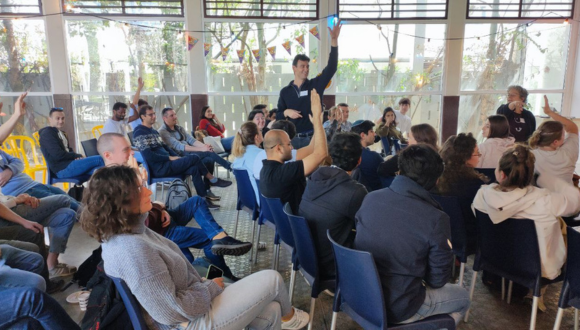
Exploring limitations to creativity and imagination
In a follow-up exercise modeled after The New Yorker cartoon caption contest, half of the participants were shown a cartoon and asked to come up with their own punchline. The other half saw the same cartoon, but with three sample captions provided. Just like with the gorilla dataset, those who were not ‘primed’ by suggested options were more creative—highlighting how even subtle framing can limit our ability to explore freely.
Science as the Poetry of Reality
Summing up the workshop, Prof. Yanai stressed that night science is poetic, risky, and often hidden from public view. But it’s also what gives science its soul. He encouraged participants to hold onto the sense of wonder that drew them to science in the first place.
“There are eight things that give us humans awe. Big ideas or epiphanies are one of them and science can give us that.”

Participants of the first meeting of the TAU Postdoc Researcher Club at the Lowy International School
The Postdoc Club at TAU plans to continue with regular meetups, offering a space for international and Israeli postdocs to connect, share ideas, and explore the creative side of science together.
Looking to experience the awe of scientific discovery?
Explore open research opportunities at TAU and make Tel Aviv your scientific home.

